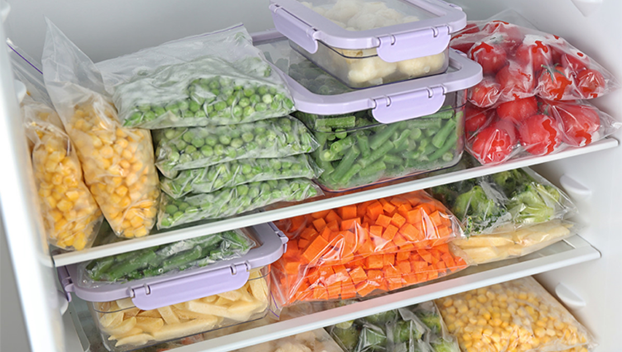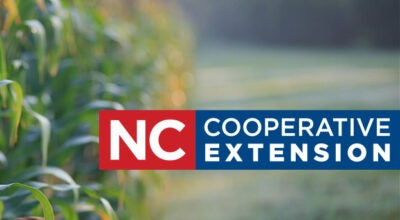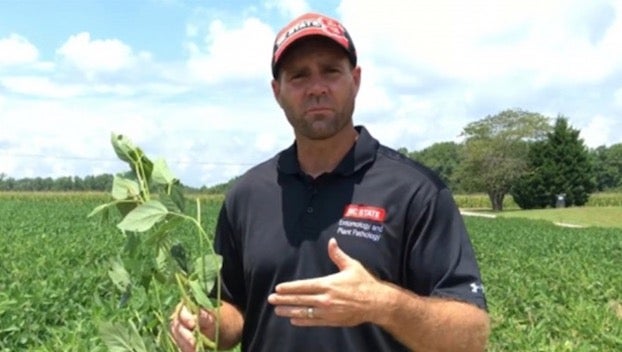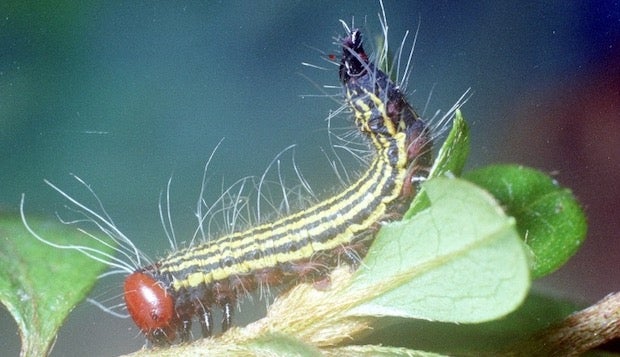Cooperative Extension to hold cold food storage class
Published 1:32 pm Thursday, April 1, 2021

- (Photo submitted by Louise Hinsley)
|
Getting your Trinity Audio player ready...
|
The Beaufort County Cooperative Extension is offering a hands-on cold food storage class! Whether we purchase food from the store or farmers market, or it grows in our own garden, a wonderful neighbor shares their abundance, or you hunt or fish, we all find ourselves freezing things. Join us in learning how to properly store foods in a “Freezing Class”. You may choose to come Thursday, April 15 from 10 a.m. to 12 p.m. or from 6 p.m. to 8 p.m. at the Beaufort County Extension Center, 155 Airport Road, Washington, NC 27889 in the Demonstration Kitchen.
To register for the freezing class please come by the Extension Center by April 9. We accept cash or checks made payable to the Extension Fund. The class is $10 per person and limited to 8 participants. Everyone is required to wear a mask into the building and practice social distancing.
In addition to what we will be discussing in the class about proper freezer storage, there is also a correct way to load your refrigerator. Knowing what to do may help your food keep longer and safer.
The top shelf of your refrigerator is the warmest. Keep ready to eat foods such as drinks, desserts, leftovers, and foods with preservatives on the top shelf. Remember to reheat cooked leftovers to 165 degrees F for food safety.
The middle shelf has the most consistent temperature. You should store dairy products and eggs on the middle shelf to extend their shelf life. Small variations in temperature can cause the shelf life and food quality to degrade in these foods. Many people store milk, cheese, and eggs in the door of the refrigerator. That is actually the worst place for them to insure best quality and storage. The door is a good storage place for condiments, pickles, jams and jelly.
The bottom shelf, or meat drawer, is the coldest part of the refrigerator. Raw meat will keep longer here. Also, when it is on the bottom shelf it cannot leak onto other shelves. Many bottom shelves have a lip so that any liquid from meat will not fall onto the produce bins or the walls of the refrigerator.
Keep vegetables in the vegetable bin and fruits in the fruit bin. Do not keep them in the same bin. Both vegetables and fruits give off gasses that cause each other to ripen. If you can control the humidity in your bins, vegetables like high humidity and fruits like low humidity.
Remember to act quick to register for the freezing class as the spaces are limited.
Sources for this article NC Extension Food and Nutrition, Meds instead of Meds educational program compiled by Zach Styons, ECU Public Health Intern. For more information about the Foods and Nutrition please contact Louise L. Hinsley, Extension Agent, Family Consumer Science at the Beaufort County Center of NC Cooperative Extension, 155 Airport Road, Washington, 252-946-0111.





